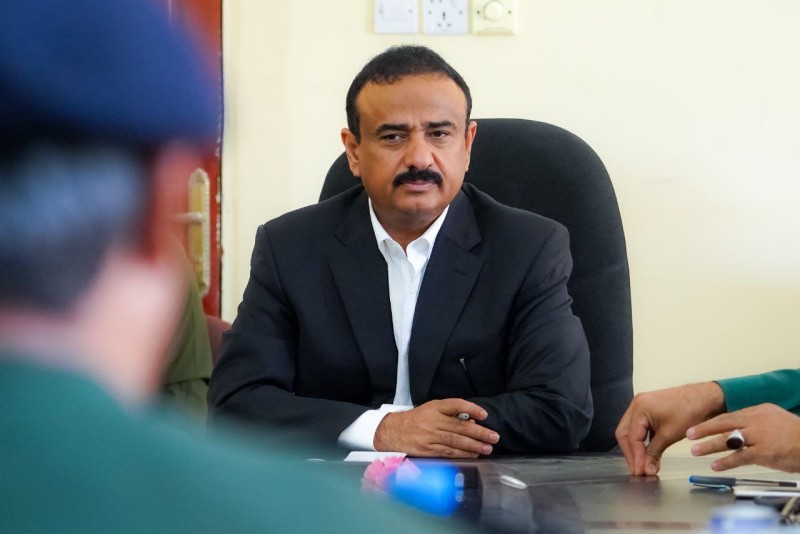Yemen crisis: UN gains access to vital Hudaydah grain store


UN aid officials have for the first time in six months reached a vast store of desperately-needed food on the frontline in Yemen's Hudaydah port.
The Red Sea Mills facility holds enough grain to feed 3.7 million people for a month, but the UN had warned the grain was at risk of rotting.
The Yemeni government and the rebel Houthi movement agreed a ceasefire around Hudaydah in December.
But they have yet to implement a UN-brokered plan to pull out of the port.
UN Secretary General António Guterres announced that a World Food Programme evaluation mission had been able to reach the Red Sea Mills at the start of an aid pledging conference in Geneva on Tuesday.
Member states have so far promised $2.6bn (£2bn) - a 30% increase on the amount pledged at a similar conference last year, but $1.6bn short of the total the UN hopes to raise.
Saudi Arabia and the United Arab Emirates are the biggest potential donors this year, having pledged $500m each.
The two countries are leading a coalition of mostly Sunni Arab states that intervened in the conflict in Yemen in March 2015 and imposed a partial blockade after President Abdrabbuh Mansour Hadi was forced to flee abroad by the Houthis - a group they consider to be a proxy of regional Shia power Iran.
Tens of thousands of people have been killed or injured since then, many of them civilians. Many more have died from preventable diseases, exacerbated by malnutrition.
The UN estimates that 24 million people - 80% of Yemen's population - are in need of assistance. Up to 10 million of them are believed to be on the verge of famine.
AFP.

Riyadh – A senior official in Yemen’s Presidential Leadership Council said that Council President Rashad Al-Alimi is expected to meet e…

Marib – The internationally recognized government of Yemen has recovered the bodies of 20 of its fighters in a tribal-mediated exchange with…

Shabwa – The Governor of Shabwa, Awad Mohammed bin Al-Wazir, has directed the Director General of Police in the governorate to urgently take…